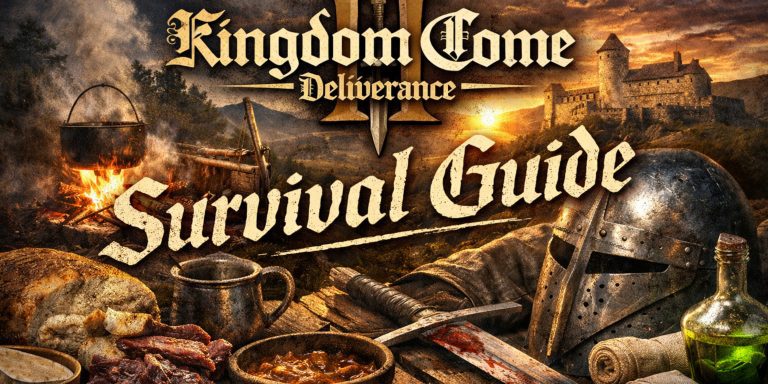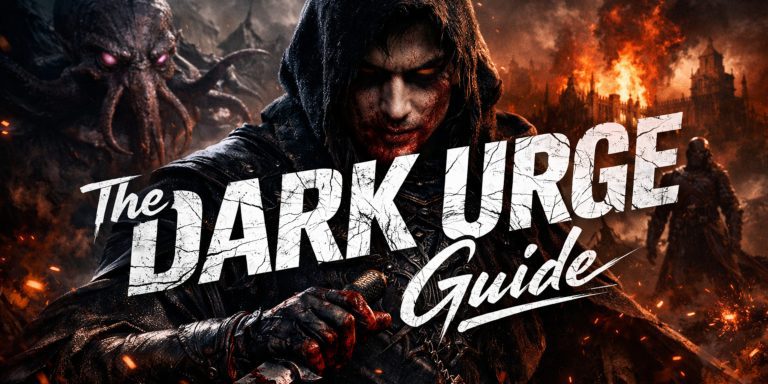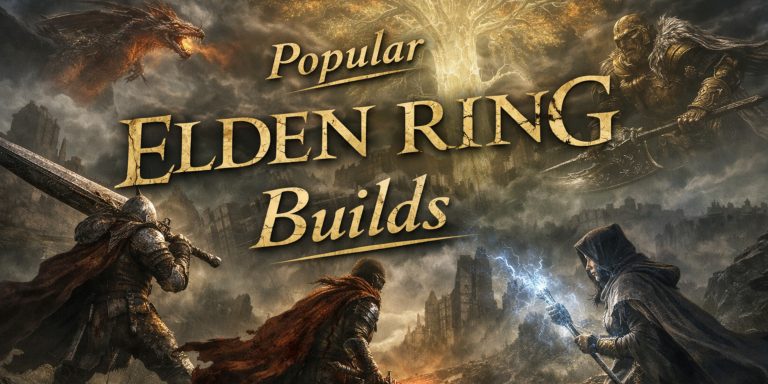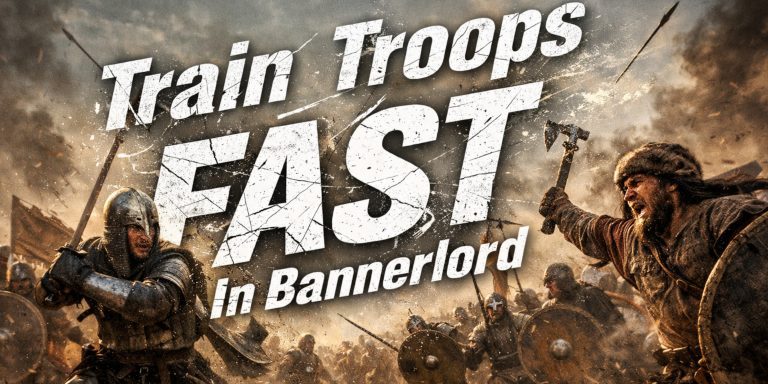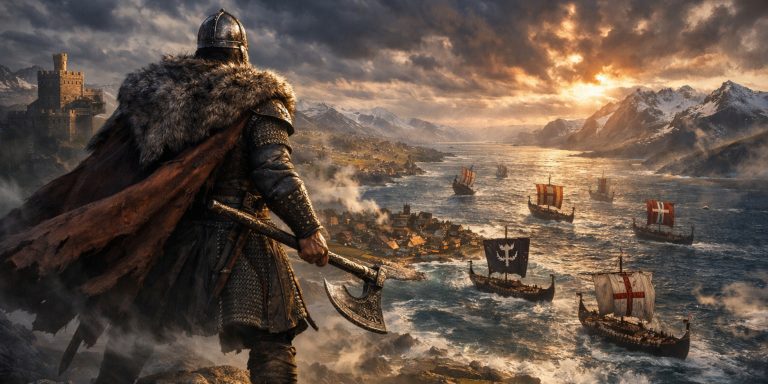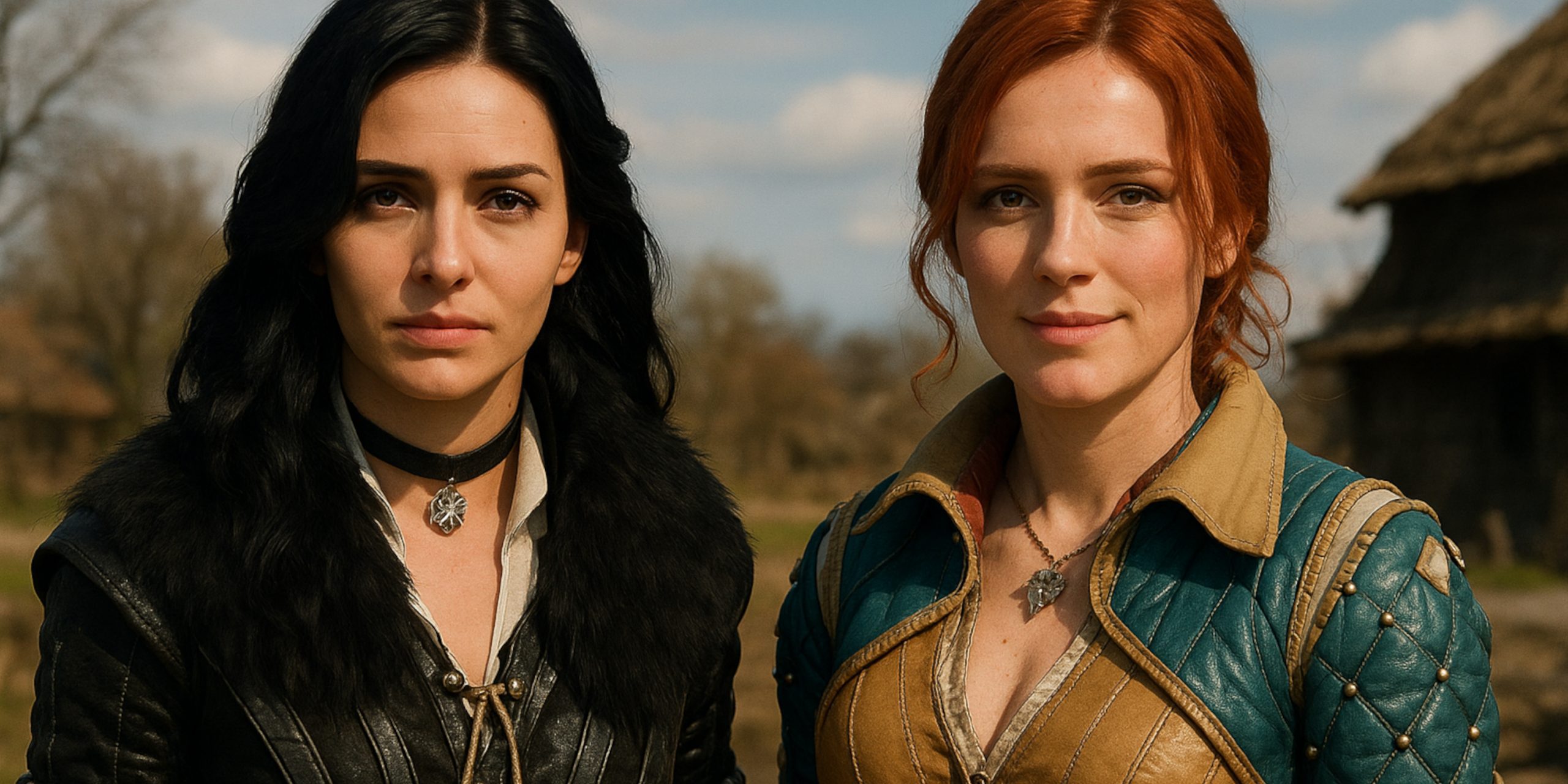
Few RPGs hold players accountable for their decisions quite like The Witcher 3: Wild Hunt. In a world where morality is grey and consequences rarely go unnoticed, the game forces players to confront the fallout of their choices. These five decisions have left many fans questioning their judgement long after the credits rolled.
1. The Fate of the Bloody Baron’s Family
The questline involving Phillip Strenger, better known as the Bloody Baron, is one of the most emotionally complex in the game. Players must choose how to resolve the situation between the Baron, his abused wife Anna, and their daughter Tamara.
Depending on your actions, Anna may die cursed and mad, or survive traumatised but reunited with her family. The Baron’s own fate also shifts accordingly, either seeking redemption or succumbing to despair. The game offers no neat resolution, and many players feel the weight of these consequences long after leaving Velen.
2. Saving or Killing the Whispering Hillock
In the “Ladies of the Wood” quest, Geralt encounters the spirit trapped beneath the Whispering Hillock. Freeing it spares the orphans under the Crones’ care, but unleashes it upon the nearby village of Downwarren. Killing the spirit protects the villagers but guarantees a grim fate for the children.
There is no clearly good option. Either way, someone innocent suffers, and the long-term outcomes affect the broader Bloody Baron narrative. Many players feel tricked by the game’s framing, realising only later how serious the consequences are.
3. Letting Radovid Live or Die
Geralt can involve himself in the assassination of King Radovid, the ruler of Redania. Killing him enables Nilfgaardian victory and leads to a more tolerant post-war Northern Kingdoms. Sparing him results in prolonged war and persecution of mages and non-humans.
While Radovid is portrayed as paranoid and brutal, assassinating a monarch raises moral questions. Some players regret enabling Emhyr’s imperialism, while others view Radovid’s death as a necessary evil. The political consequences of this decision reach far into the game’s various endings.
4. How You Treat Ciri
Your relationship with Ciri influences the outcome of the main story more than any other choice. Dialogue decisions and small moments of encouragement or doubt shape her confidence and ultimate fate. Take her snowball fighting, visit the lodge of sorceresses, or let her handle matters on her own? These all add up.
If you show faith in her, she can become the next Witcher or even Empress. But if you undermine her or act overprotectively, she may be lost forever. The game never telegraphs the stakes clearly, which makes the outcome even more jarring for those who weren’t deliberate with their approach.
5. Yennefer or Triss?
Romance in The Witcher 3 is not just about preference. Choosing between Yennefer and Triss affects not only Geralt’s love life but also the broader tone of the epilogue. The decision can even lead to a lonely ending if you try to romance both.
Fans debate which choice is truer to Geralt’s character. Yennefer is the canon partner from the books, while Triss offers warmth and familiarity. Neither outcome is painted as perfect, and many players feel conflicted about choosing one over the other—or regret trying to have both.
The Seven Swords Takeaway
The Witcher 3 excels in presenting choices that resist simple classification as good or bad. Its most haunting decisions are memorable not because they are difficult in the moment, but because of the emotional and moral complexity that emerges after the fact. There are no ideal paths, only compromises, and consequences that stay with you.

